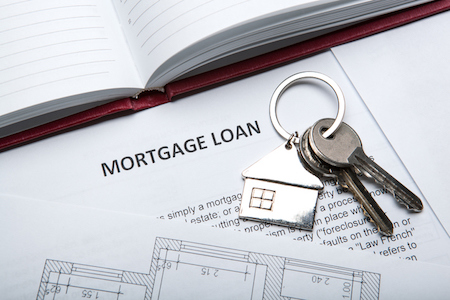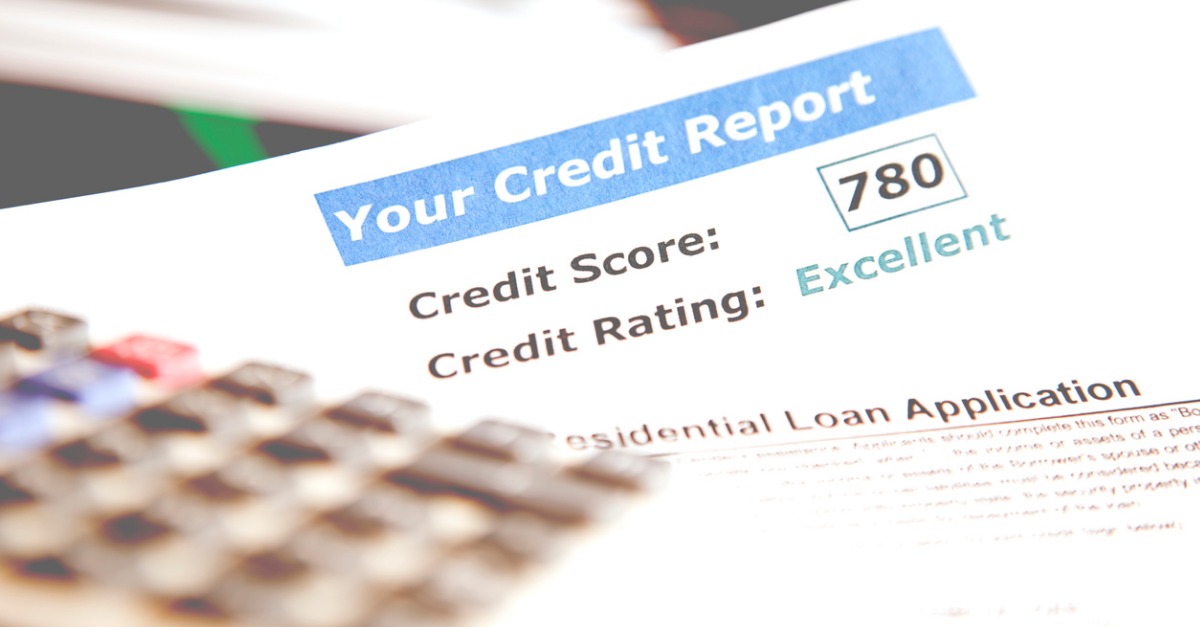Financing
To purchase a multi-family property, you’ll most likely need to obtain a loan. Getting financing for a larger building may be easier than borrowing for a smaller one.
The more units there are, the less one individual unit affects the revenue collected. This means less risk for the bank.
To purchase a multi-family property, you’ll most likely need to obtain a loan. Getting financing for a larger building may be easier than borrowing for a smaller one.
The more units there are, the less one individual unit affects the revenue collected. This means less risk for the bank.
Earning
Potential
A multi-family house can allow you to generate a consistent cash flow.
A multi-family house can allow you to generate a consistent cash flow.
Time and Financial Costs
A large property requires a lot of time and work to manage. However, you can hire a management company to help take care of those tasks.
A large property requires a lot of time and work to manage. However, you can hire a management company to help take care of those tasks.
Is a Multi-Family House Right for You?
Before investing, carefully consider how much money you have. Do you want to go it alone or with partners?
A multi-family property can help you earn substantial profits. However, you may need help from others to make the purchase and handle day-to-day maintenance.







